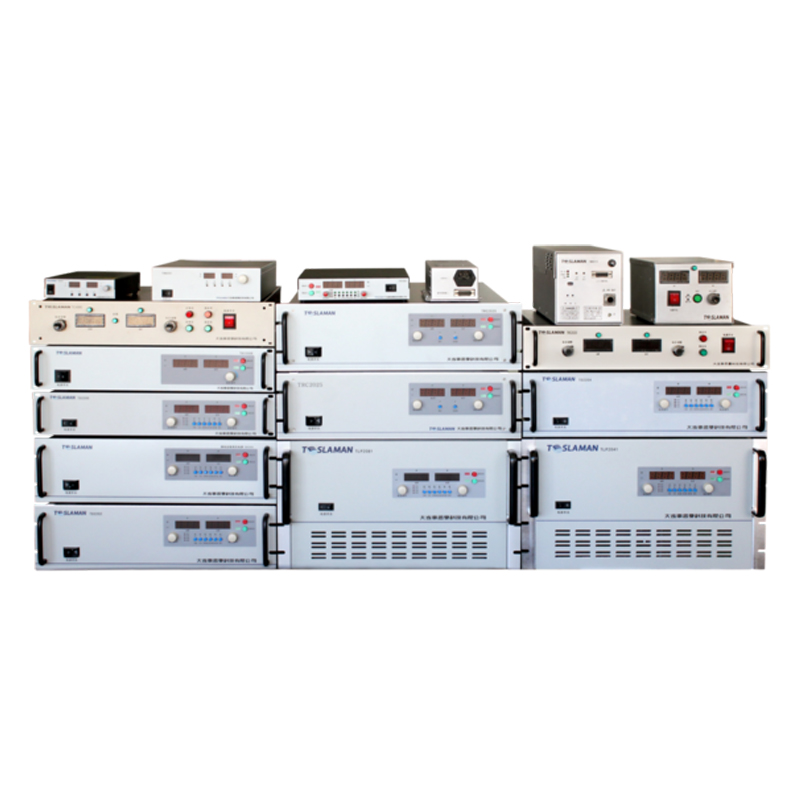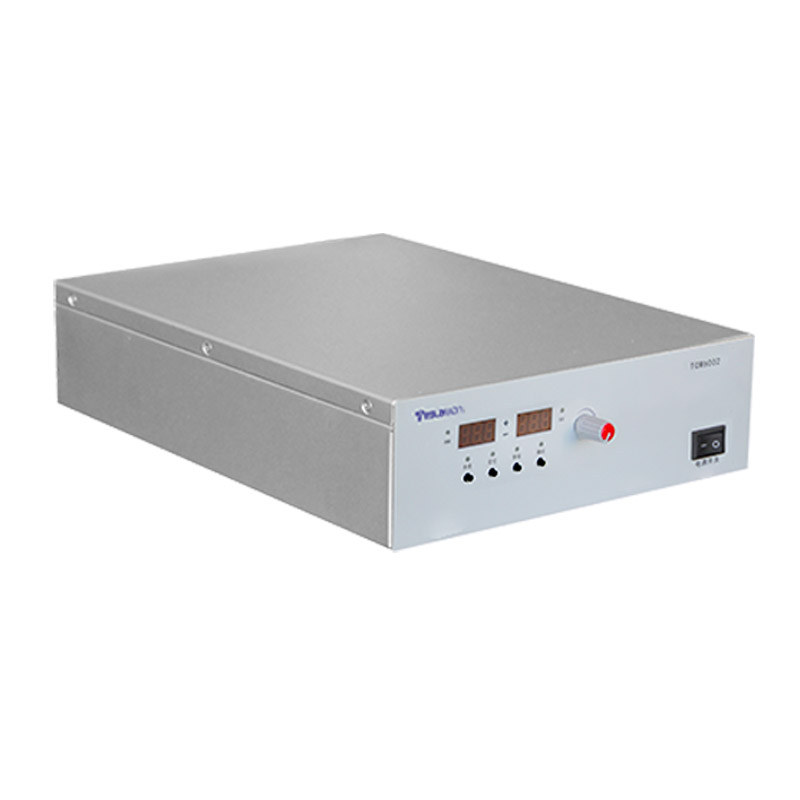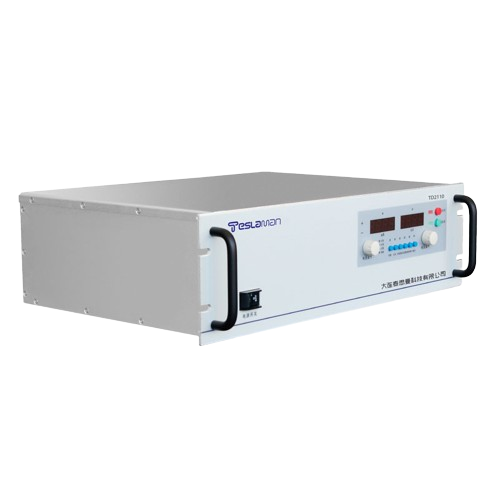Long-Term Stability and Self-Calibration Mechanism in Semiconductor Test Power Supplies
Semiconductor device testing requires extremely precise and stable power delivery for voltage-current characterization and reliability assessment. Over extended operation, power supply drift caused by temperature variation or component aging can compromise test accuracy.
To maintain long-term stability, the system integrates an ultra-precision voltage reference and multi-stage temperature compensation. Dual feedback loops, consisting of DAC-controlled regulation and high-resolution ADC monitoring, continuously correct minor deviations. An automated self-calibration circuit periodically compares the output to an internal precision reference and applies digital correction to gain and offset coefficients.
The calibration process employs relay-switched reference networks and an embedded algorithm that records calibration data in non-volatile memory for traceability. A Kalman filter-based predictive correction algorithm dynamically compensates for drift trends between calibration cycles.
Low-noise isolation amplifiers and π-type filters suppress external interference, ensuring microvolt-level stability. This design maintains output precision over thousands of operational hours, providing reliable, repeatable results for semiconductor parameter testing, wafer characterization, and endurance analysis.




















